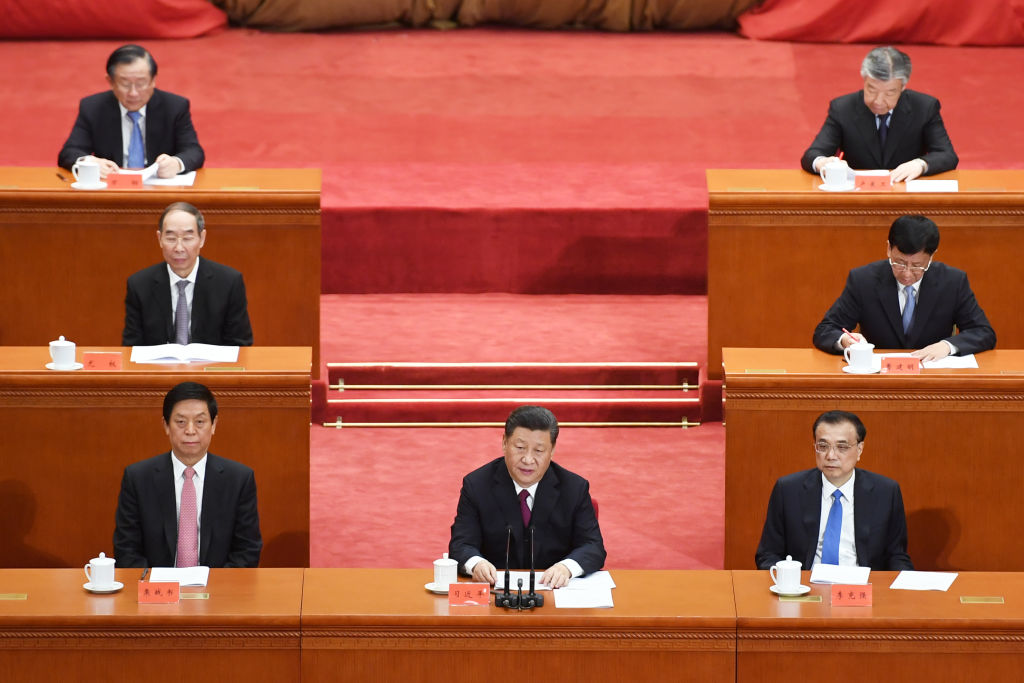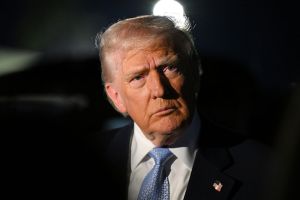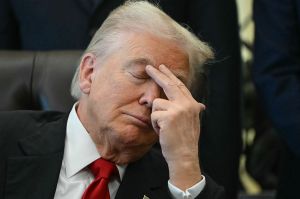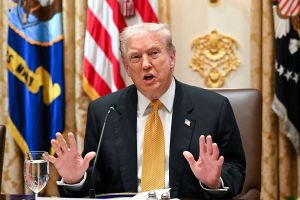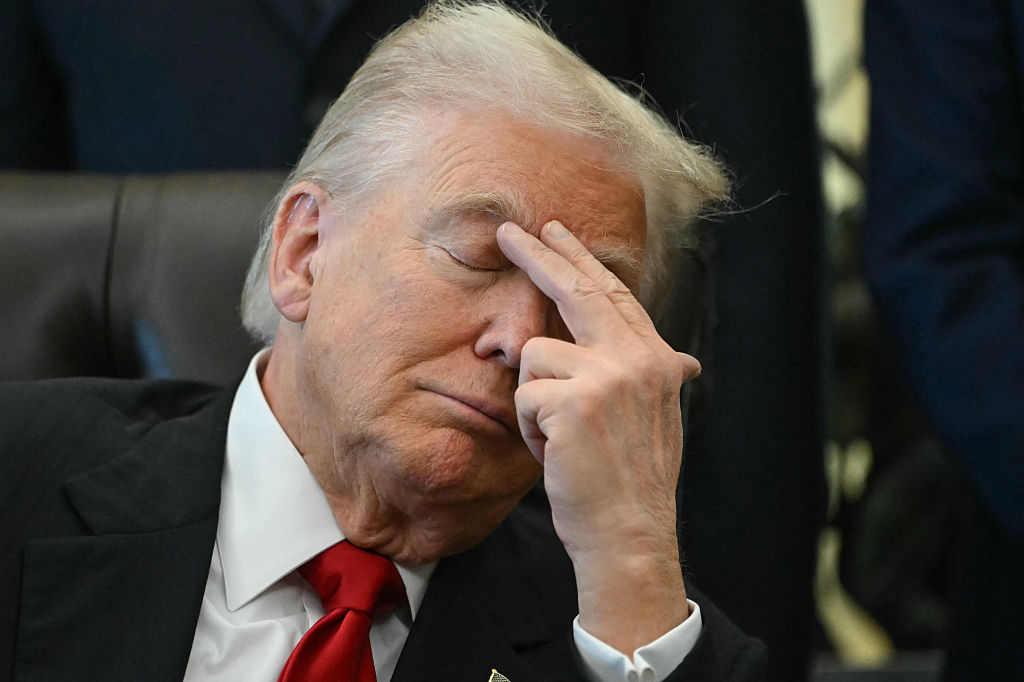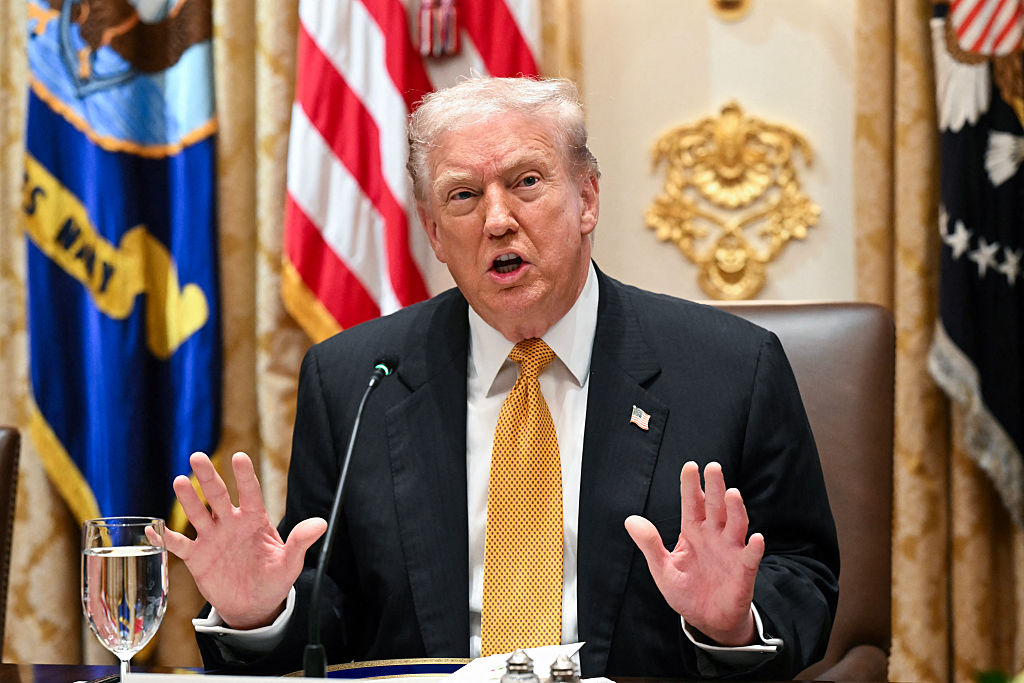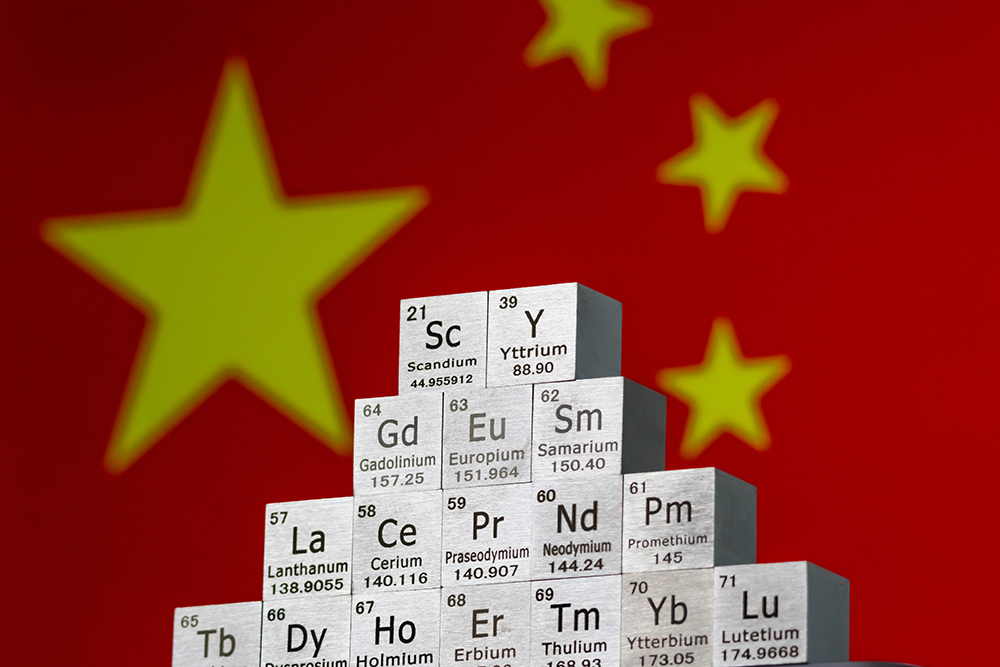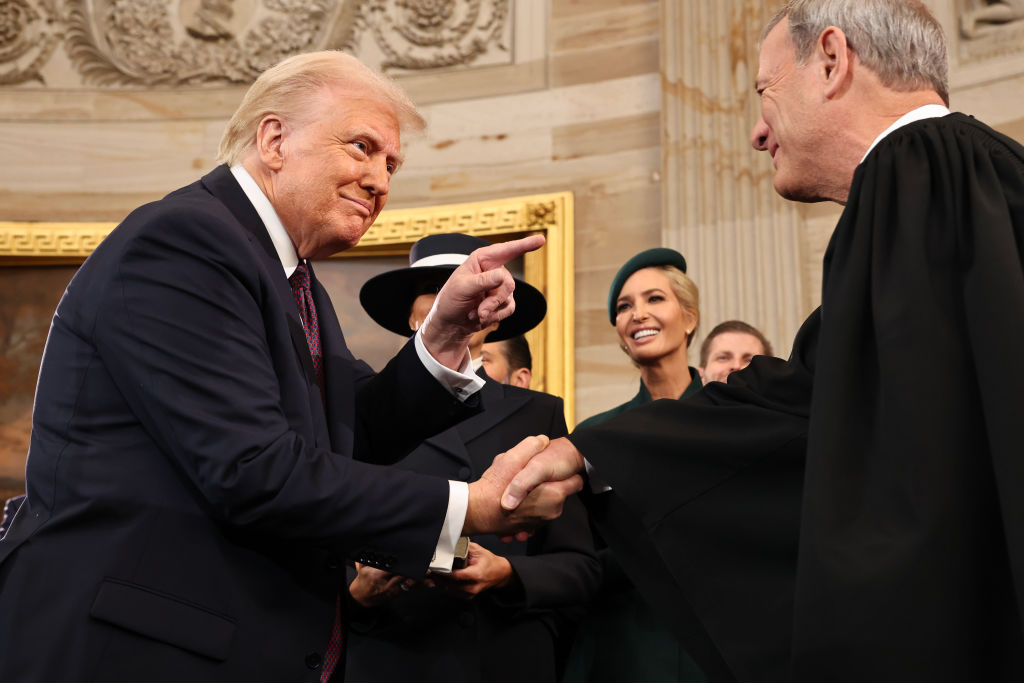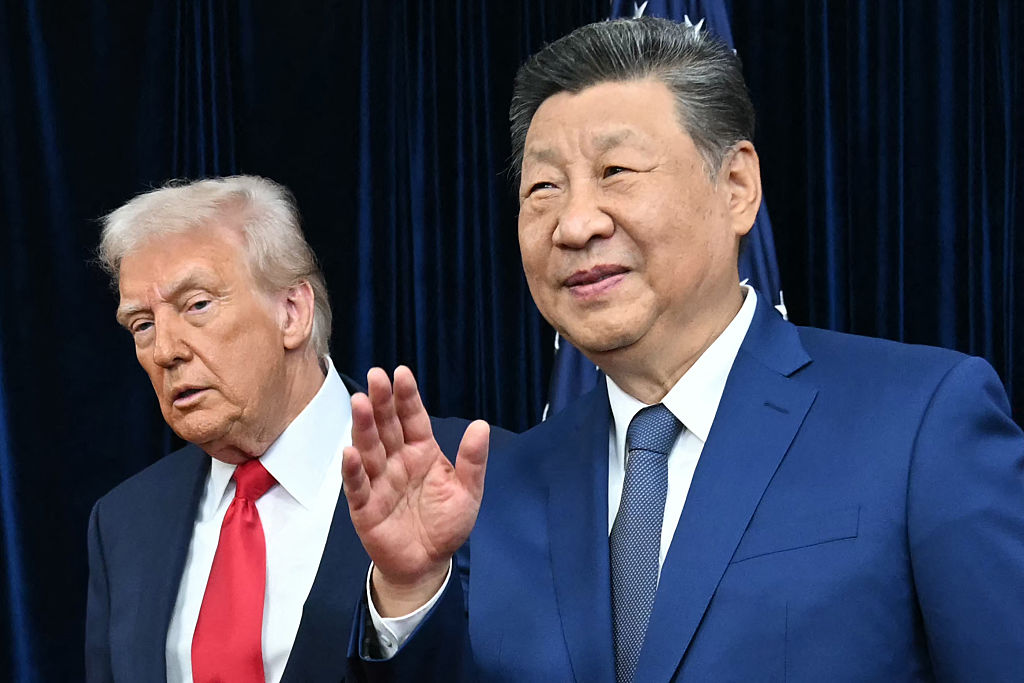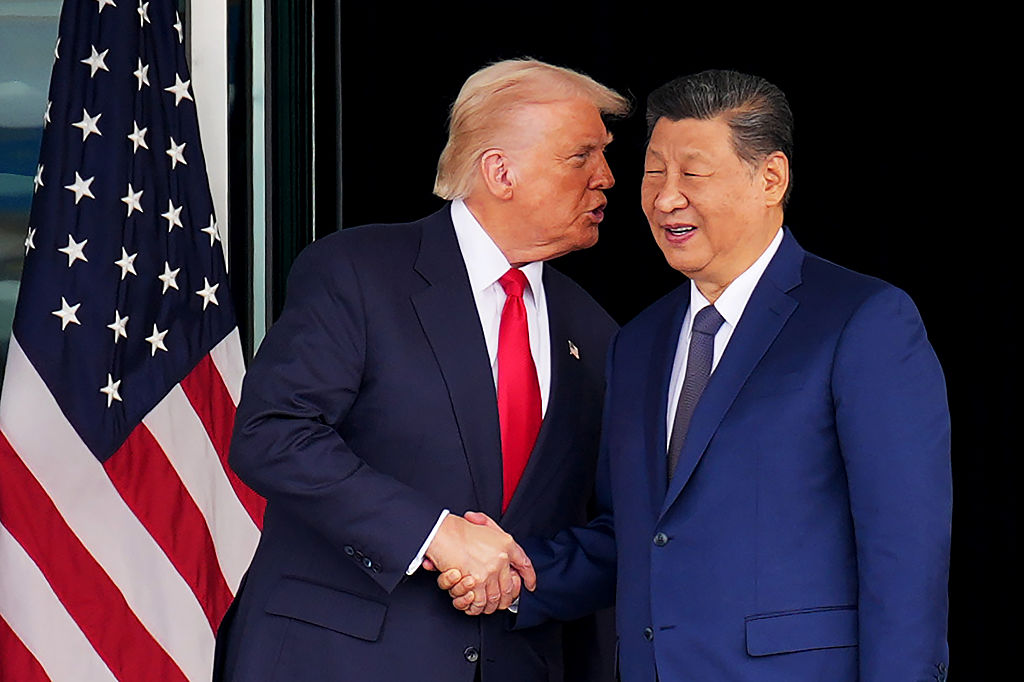At the last minute the Chinese Communist Party chief Xi Jinping vetoed the trade deal with the United States, after his representatives had negotiated and agreed to it. Xi claimed that he will take the responsibility for ‘all possible consequences.’ This left President Trump no choice but to impose higher tariffs on some Chinese imports.
This battle over trade marks only the early rounds of the US struggle with China. China’s economic success was achieved in large measure by taking advantage of the working people of both China and the US. It was made possible because the US allowed it to enter the world’s free trade system.
Because China entered the West’s economic ecosystem a generation ago, it has flourished. In the past 30 years, China has snatched an astronomical $4.4 trillion from the US. Additionally, there is $200 to $600 billion annual loss due to China’s theft, and several million highly paid US manufacturing jobs that have been lost. The Chinese working people have also paid and continue to pay the price for the regime’s ambition: wages are artificially low, and labor conditions are Dickensian. Once a worker leaves the factory, there are other dangers for workers’ health due to chronic air and water pollution in all of China’s cities.
The Chinese could not have done this on their own. The US contributed to the creation of its most powerful enemy by giving the PRC access to markets, capitals, technologies, higher educational systems, and talent. All of this permitted China to build its economic might, which, in turn, allowed it to create a formidable military with an increasing capability to project its power globally.
But that is not all. China’s economic growth fueled China’s aggressiveness and global ambition. Spectacular economic prosperity legitimized China’s flawed political system, and thus made it possible for a dictator like Xi to rise to power.
The drama over trade negotiations highlights our real problem with China: Xi Jinping. Once the US understands Xi’s objectives and ruthlessness, it can recognize the clear threat he presents to the US national security interests and to international stability.
Before Xi Jinping took power, many in the West hailed him as China’s Gorbachev. Unfortunately, he is far closer to the tyrannical Mao Zedong. Within China, Xi Jinping has become the most repressive ruler since the disastrous Great Cultural Revolution of the 1960s and 1970s. In the realm of foreign affairs, his policies are dangerous, as he pursues China’s dominance by disrupting the existing international order.
Domestically, Xi calls for strengthening the Communist Party’s leadership over law, explicitly rejecting ‘constitutionalism,’ ‘separation of powers,’ and ‘judicial independence,’ the pillars of the rule of law in the West. Not only has he jailed many human rights lawyers and activists, speciously charging them with subverting state power, but in a shocking fact that still has yet to resonate in Western media, he has imprisoned many ethnic minority Uighurs and Kazakhs in concentration camps.
Xi also suppressed dissent from within the Communist Party of China (CCP). There were academics and officials within the Chinese Communist system who attempted to reason with him, urging him not to repeat Mao’s ruinous mistakes, such as creating a personality cult. In addition, appeals have been made to release Chinese Muslims from the concentration camps. Sadly, but characteristically of Xi’s China, many of the individuals who have made these entreaties have been charged or threatened for speaking out. Xi does not trust anyone, including his own party.
Internationally, he has ordered China’s aggressive expansion in South China Sea, threatened the use of force to seize and occupy Taiwan, deployed internet censorship surveillance and spyware globally, backed authoritarian regimes from Russia to Venezuela and Zimbabwe; and expanded China’s influence and control over less developed states through the Belt and Road Initiative. He is the global leader of opposition to the US position in international politics and the present liberal international order which has kept peace for a generation and provided prosperity to billions, including within China.
Xi’s vision of global politics is one where China is supreme and the international order is decidedly illiberal. From Xi’s speeches since he took power, particularly his lengthy speech at the 19th Party Congress, his intent of defeating the US to dominate world affairs is transparent, as is his desire to replace the dominance of Western values with those of the CCP. Behind the ‘national rejuvenation’ and anti-corruption rhetoric, he is determined to take China down the course of other failed supremacist ideologies. Xi is a clear danger to the Chinese people due to his repression and to the world order as a result of his determination to destroy it.
To change this situation Washington needs to labor to delegitimize Xi’s government in two major ways. First, Washington needs to reaffirm its commitment to Western values and principles that stand in a positive light when compared to China’s oppressive government. To advance this goal, the US can deny him a trade deal, using the occasion to call attention to Xi’s dangerous nature, as well as the futility of trade policies that unfairly benefit China, which only strengthens the regime and augments Xi’s legitimacy. The Chinese will never keep their promises on trade reform, particularly concerning reciprocity and internet freedom.
Second, the Chinese people must be supported in their effort to avoid a return to past — rule by a megalomaniac leader. Democratic forces both within and outside the system must stand up against Xi’s dictatorship.
The global community should also send a strong signal to the Chinese people about its preference for a stable and peaceful leader to lead that great nation. For millennia, Chinese civilization was unrivaled in its historical elegance, stability, and sophistication. The Chinese people should be led by leader who is the equal of that greatness rather than a despot.
Bradley A. Thayer is the co-author of How China Sees the World: Han-Centrism and the Balance of Power in International Politics. Lianchao Han is a human rights activist, Vice President of Initiatives for China, and Visiting Fellow at the Hudson Institute.



